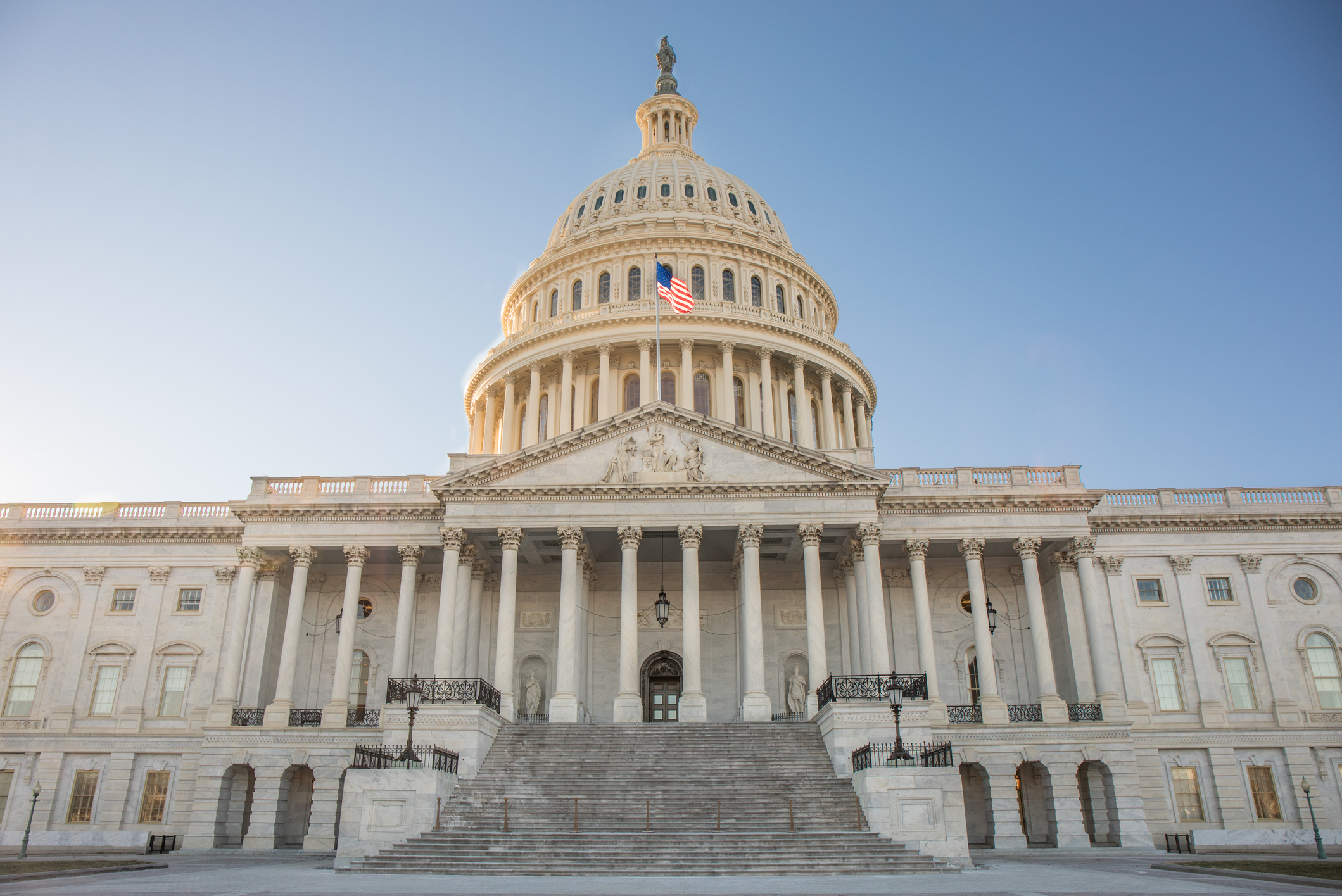House Hearing Debates Changes to the SEC’s Definition of Accredited Investor

A U.S. House of Representatives hearing last week highlighted current policy on whether the definition of “accredited investor” should be amended further, focusing on upcoming expected rulemaking by the Securities and Exchange Commission anticipated in April 2023.
Lawmakers argued that the definition unfairly limited access to investments from those without wealth.
“We still lack the diverse membership. We have about 5% of black and brown investors… [A threshold increase] would decimate the investor class for black and brown investors,” said witness Eli Velasquez, founder and managing partner of Investors of Color Network, during the hearing, titled “Sophistication or Discrimination? How the Accredited Investor Definition Unfairly Limits Investment Access for the Non-wealthy and the Need for Reform.”
The SEC’s plan to issue an update to the financial thresholds in the accredited investor definition in April was the matter in question for lawmakers.
“It is no secret that SEC Chairman Gary Gensler’s agenda includes sweeping new regulations in our private markets that would create barriers for investors and entrepreneurs to participate in those markets,” Rep. Ann Wagner, R-Mo., chairwoman of the House Financial Services Capital Markets Subcommittee, said.
According to the SEC’s rulemaking agenda, Gensler intends to amend “the accredited investor definition by increasing the annual income and net worth thresholds.”
“I’m not here to defend it [the definition of accredited investor],” said Rep. Brad Sherman, D-Calif. “We need a definition of a private placement that makes sense. That doesn’t mean it should be more restrictive or less restrictive than what we have now, but it should be different.”
As currently defined by the SEC, an accredited investor is someone with a net worth that exceeds $1 million or an annual income in excess of $200,000, established in 1982 (or $300,000 jointly with a spouse, established in 1988).
“Being wealthy is no proxy for financial sophistication,” said Jennifer Schulp, director of Financial Regulation Studies at the Cato Institute in Washington, D.C.
In February 2022, as The DI Wire reported, the SEC indicated that it would begin to seek public comment to further amend the financial thresholds of the accredited investor definition, one of the principal tests for determining who is eligible to participate in U.S. private securities offerings.
In 2010, the Dodd-Frank Act directed the SEC to adjust the calculation of a natural person’s net worth by excluding the value of a person’s primary residence from the calculation, “shrinking the pool of people qualified as accredited investors,” explained Schulp.
Schulp labeled the SEC’s accredited investor definition “unfair,” and charged that it gives the agency “the authority to decide who gets to invest where: public markets for most, but public and private markets for those it judges to be worthy. Such paternalism — limiting how people can invest their money—is objectionable in itself. The SEC should not be charged with protecting individuals from their choices to take certain kinds of financial risk.”
In 2020, as reported by The DI Wire, the SEC extended the accredited investor definition to include individuals who failed to meet the net worth or income thresholds, but who could demonstrate defined measures of professional knowledge, experience or certifications.

